SNBP is a college entrance selection pathway that assesses students’ academic achievements based on report cards and other achievements.
For more information, visit https://um.ugm.ac.id/snbp-2025/
SNBT is a university entrance selection pathway that uses the results of the Computer-Based Writing Test (UTBK) to assess the academic abilities of prospective students.
For more information, visit https://um.ugm.ac.id/snbt-2025/
PBUTM is a form of UGM’s concern for prospective students who have high academic ability and achievement, but are economically constrained.
For more information, visit https://um.ugm.ac.id/penelusuran-bibit-unggul-tidak-mampu-pbutm-2025/
This selection path is intended for students who have championships in various competitions in the fields of sports, arts, and science and technology (IPTEK) that are relevant to the selected Study Program. Recognized championships include provincial, national, international levels, and/or championships organized by UGM (proven by certificates or championship certificates). For team championships, the presence and participation of all team members during the competition must be proven.
For more information visit https://um.ugm.ac.id/penelusuran-bibit-unggul-berprestasi-pbub-2025/
This selection path is a form of UGM’s concern for prospective students who come from schools in the Disadvantaged, Frontier, and Outermost Regions (3T), affirmation areas, and / or proposed by UGM tridharma cooperation partners.
For more information, visit https://um.ugm.ac.id/afirmasi-tridharma-ugm-2025/
UM UGM CBT is a selection pathway that combines UM UGM CBT scores organized by UGM with UTBK scores. This pathway provides an opportunity for high school / MA / SMK / equivalent graduates or Package C graduates to take part in the selection by selecting two Study Programs in the Undergraduate Program and / or Applied Undergraduate Program. UM UGM CBT test subjects include 2:
For more information, visit https://um.ugm.ac.id/um-ugm-computer-based-test-um-ugm-cbt-2025/
Single Tuition Fees or Uang Kuliah Tunggal (UKT) for Bachelor in Tourism UGM via SNBP, SNBT, and Independent Selections.

The Bachelor in Touris Program has an academic vision as a provider of superior, culture-based higher education with a Pancasila outlook by accommodating the implementation of the Merdeka Learning Campus Merdeka (MBKM) program and based on the latest research results so that graduates are able to provide problem solving, design, implement, evaluate, manage, and write in the field of sustainable tourism to answer humanity and national challenges, both at the local, national and global levels.
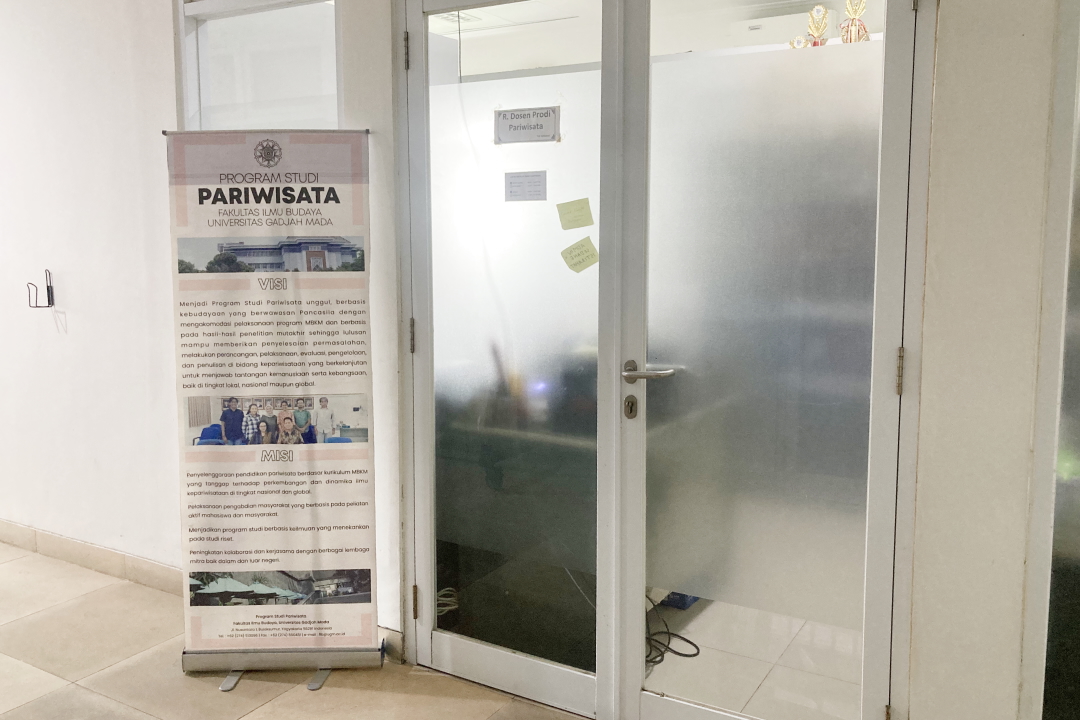
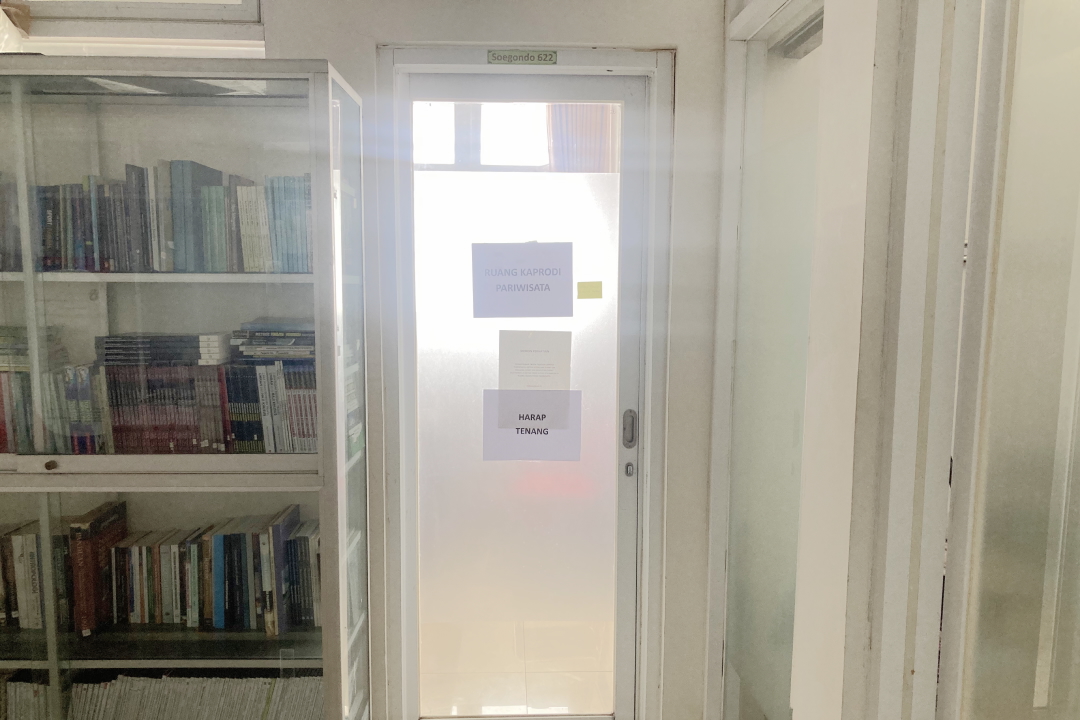
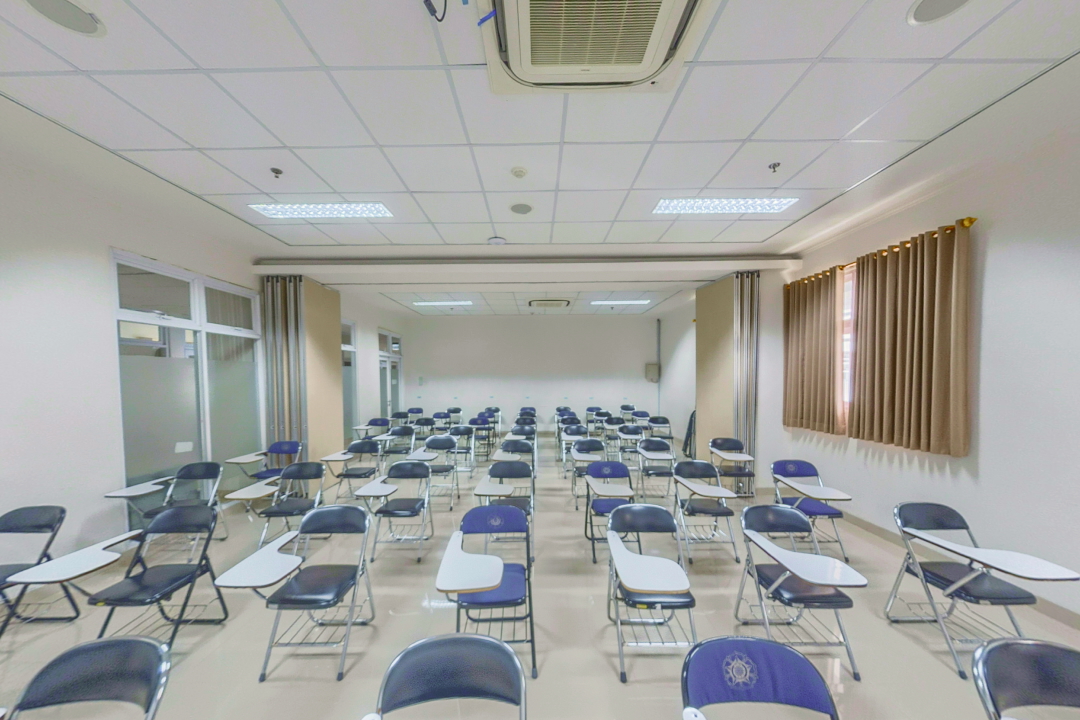
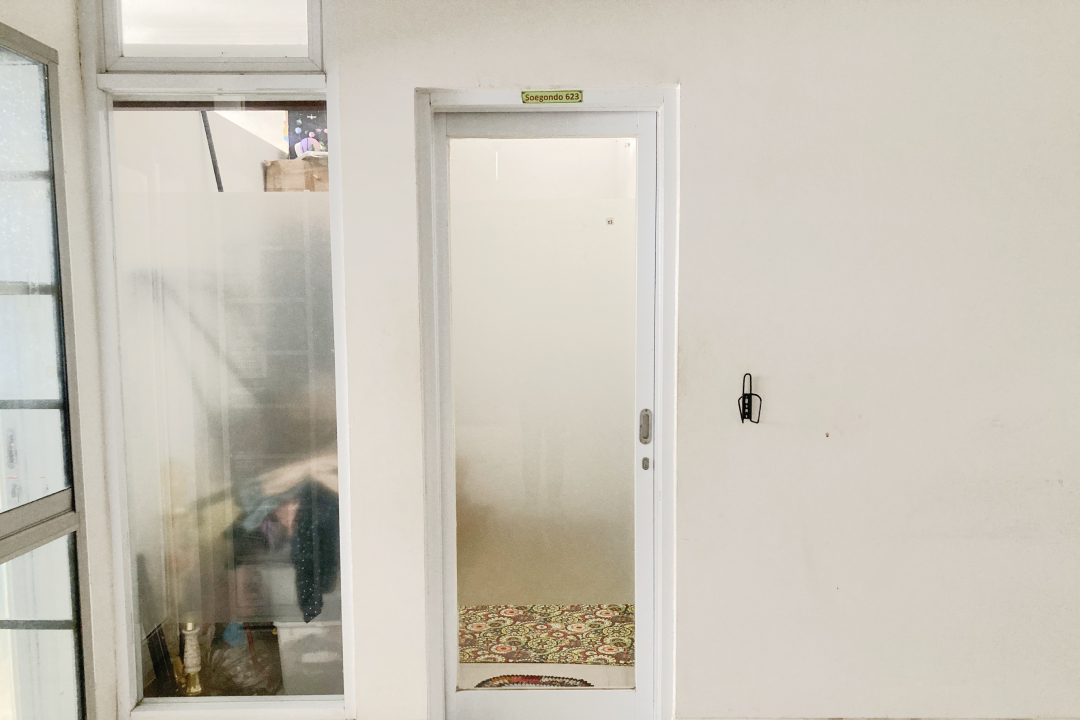
The UGM Undergraduate Tourism Study Program offers a more theoretical and research-focused curriculum, while the D4 program is more vocational with an emphasis on practical skills. S1 graduates are expected to have strong analytical and research skills, while D4 graduates are more prepared to go directly to the industry. The UGM Tourism Study Program also integrates the principles of sustainable tourism in every aspect of learning, and prioritizes the social sciences approach because it is under the Faculty of Humanities.
For more information, visit https://pariwisata.fib.ugm.ac.id/id/akademik/
Program Studi Pariwisata FIB UGM memiliki kesempatan untuk magang selama studi. Prodi bermitra dengan berbagai lembaga, meliputi dinas, NGO, swasta, perhotelan, desa wisata, pusat studi, museum, hingga taman hiburan yang memungkinkan mahasiswa mendapatkan pengalaman praktis dan memperluas jaringan profesional di industri pariwisata.
More information, visit https://pariwisata.fib.ugm.ac.id/id/kemitraan/
Scholarship information can be accessed through the website https://ditmawa.ugm.ac.id/ or the scholarship menu at https://simaster.ugm.ac.id/
It is planned that in the 2026/2027 academic year, the Tourism Study Program of FIB UGM will carry out student exchange cooperation with partner study programs in the Netherlands. In addition, the Tourism Study Program also supports students to take part in student exchange programs both organized by universities and the government of the Republic of Indonesia and foreign institutions.
FIB UGM provides a fast track program for students who want to continue their master’s studies in about five years. For more information, please contact the study program admin.
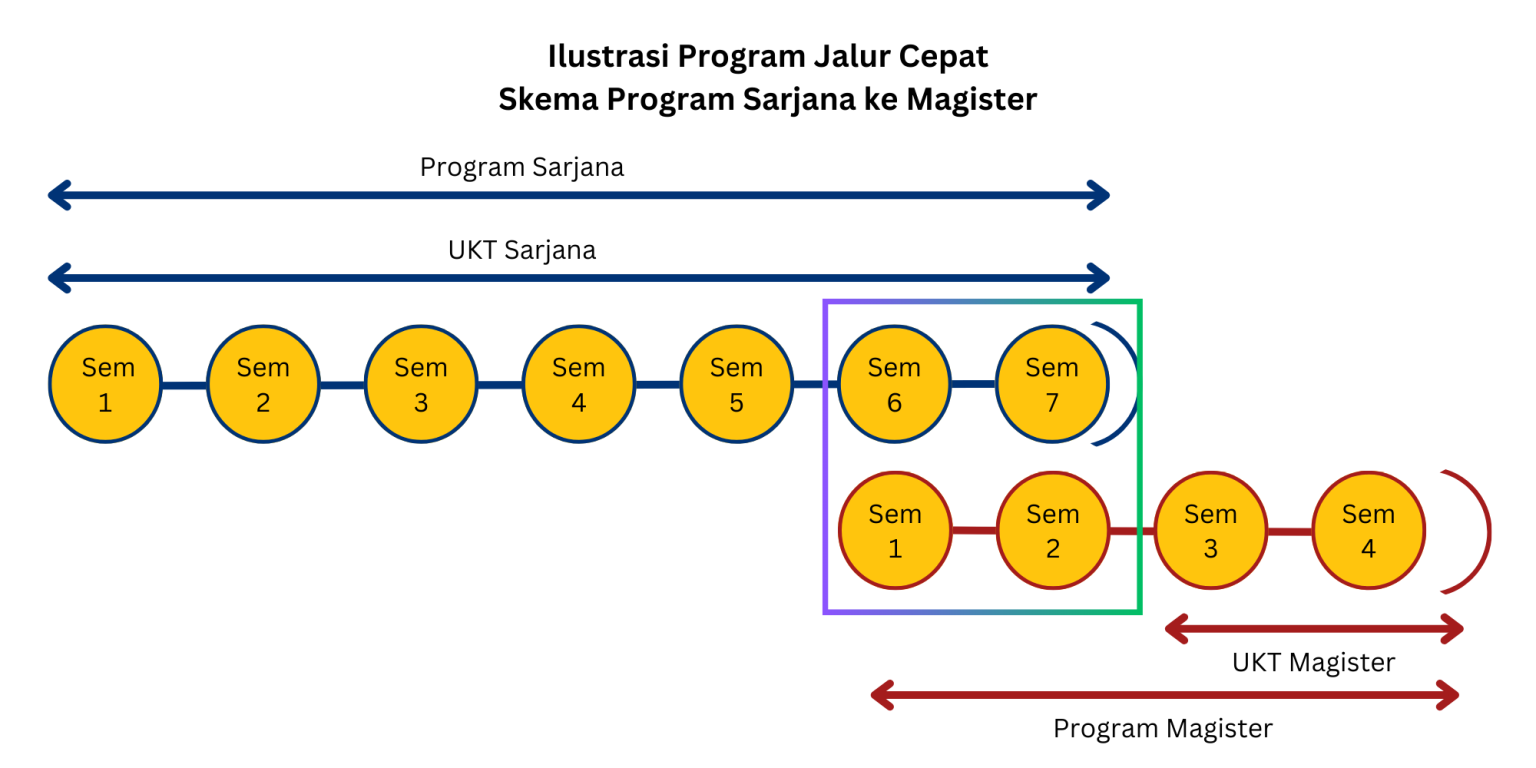
Study programs and / or universities provide support to students to participate in student competitions in the form of recognition to activity incentives that can be claimed through simaster.ugm.ac.id